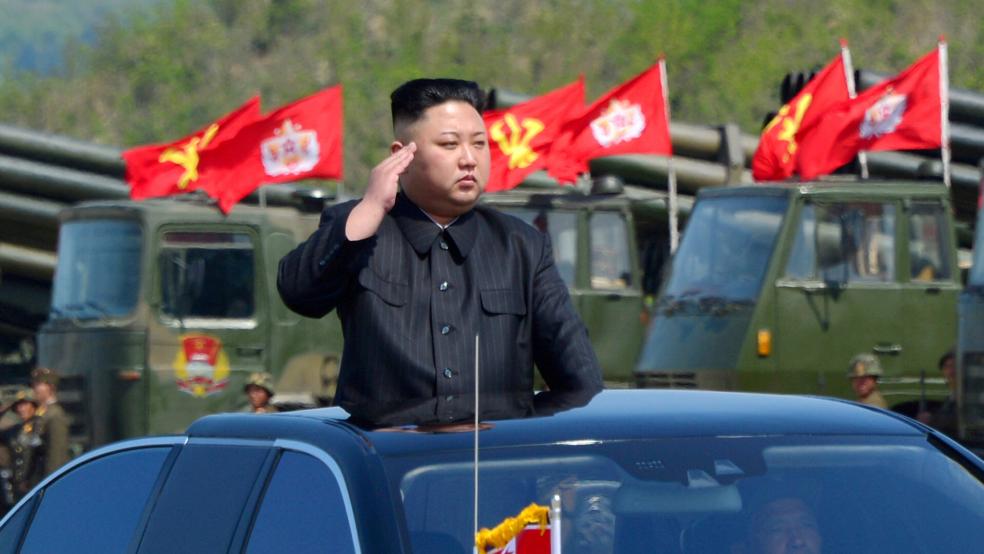UNITED NATIONS (Reuters) - The United States has given China a draft United Nations Security Council resolution that would impose new sanctions on North Korea over Pyongyang's intercontinental ballistic missile launch, U.N. diplomats said on Friday.
Traditionally, the United States and China have negotiated new sanctions on North Korea before formally involving other council members. Diplomats said the United States would informally keep Britain and France in the loop, while China was likely talking to Russia.The United States, China, Russia, Britain and France are the Security Council's permanent veto-wielding powers. The United States, Japan and South Korea agreed on Friday to push for a quick Security Council resolution.On Wednesday, U.S. Ambassador to the United Nations Nikki Haley said she would propose new sanctions to the 15-member council in coming days, though Russia has said further sanctions would not resolve the issue.A senior Security Council diplomat, speaking on condition of anonymity, was skeptical that the draft resolution would be put to a vote quickly. "I'm sure it will be weeks, not a week, but I'm also sure it won't be three months. I don't think this administration spends three months doing anything," said the senior diplomat. Following a nuclear weapons test by North Korea in September, while U.S. President Barack Obama was still in office, it took the U.N. Security Council three months to agree to strengthened sanctions. "What (the U.S.) are signaling at the moment is they will push it to a veto if that's what it takes. Obviously that is a game of bluff," the senior diplomat said. North Korea has been under U.N. sanctions since 2006 over its ballistic missile and nuclear programs. The council has ratcheted up the measures in response to five nuclear tests and two long-range missile launches. Haley on Wednesday said some of the options available were restricting the flow of oil to North Korea's military and weapons programs, increasing air and maritime restrictions and imposing targeted sanctions on senior officials. "I don't have the impression that it will go on for months," said a second Security Council diplomat, adding that the rhetoric from some council members was just negotiating tactics. "I think that politically there is a strong willingness from the council to act." On Thursday, Russia objected to a Security Council condemnation of North Korea's missile launch because the U.S.-drafted statement labeled it an ICBM, a designation Moscow disagrees with. Diplomats said on Friday that negotiations on the statement had stalled. (Reporting by Michelle Nichols; Editing by Jonathan Oatis and David Gregorio)U.S. gave China draft U.N. N.Korea sanctions resolution: diplomats

KIM HONG-JI



